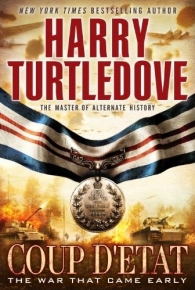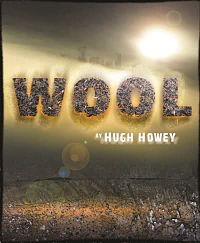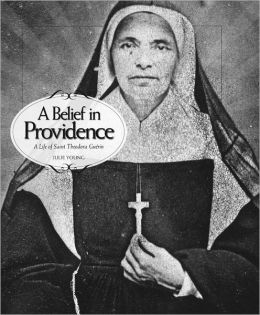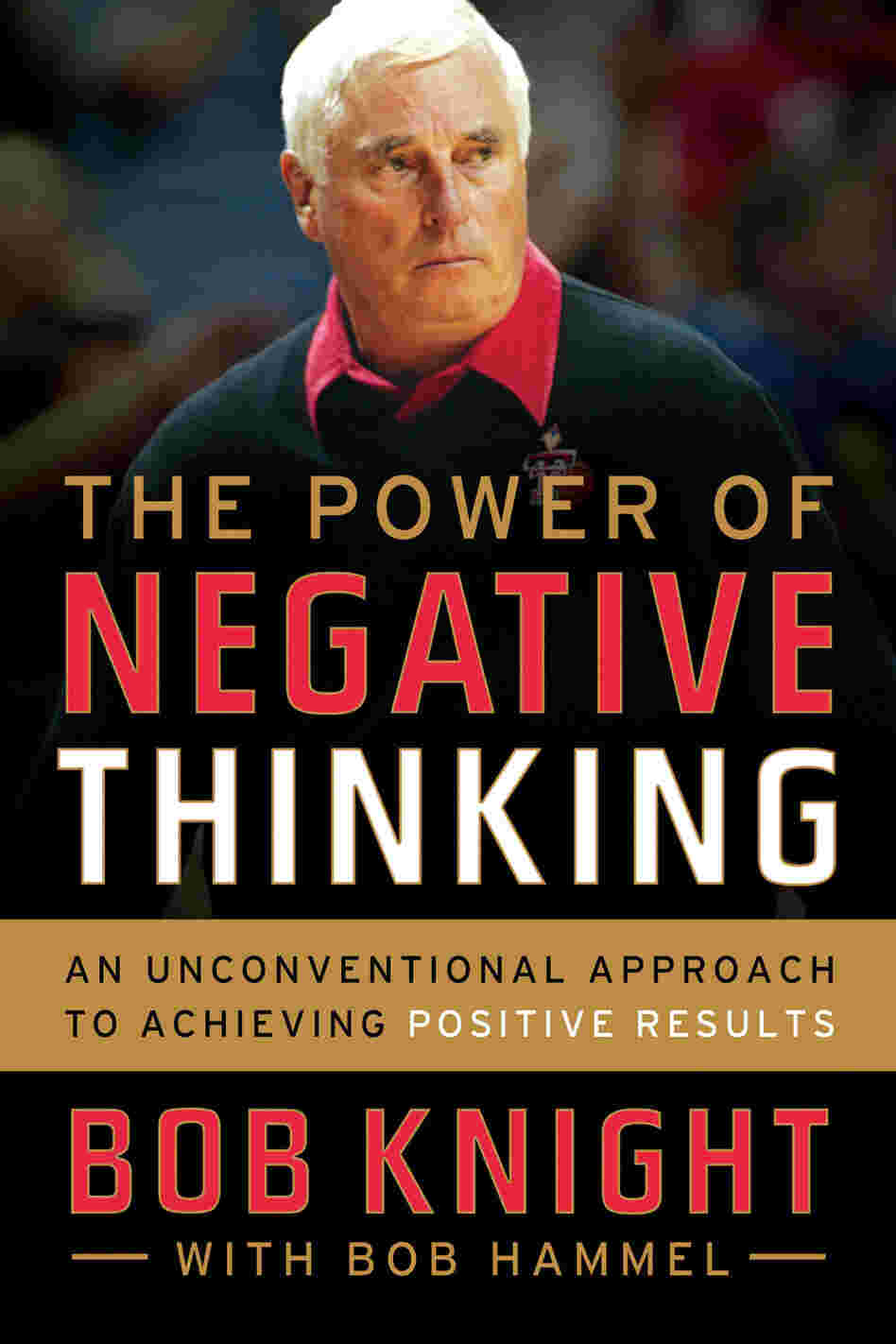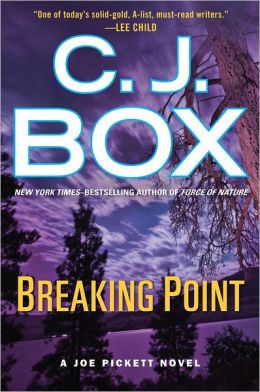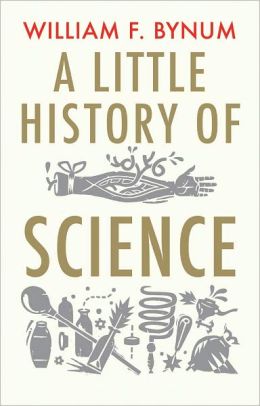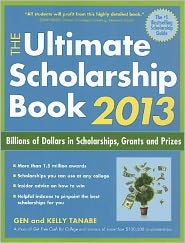Come Help. Celebrate, and/or Discuss by Janice Clauser
Come Help. Celebrate,
and/or Discuss
Janice Clauser
The
Crawfordsville Library is issuing a new pamphlet about its Homebound Services
program. Circulation staff member Dawn
Bonebrake announces that helpers will be appreciated this summer to deliver
books to patrons unable to visit the library.
Call 362-2242 Extension One, if you’d enjoy this work. The leaflets are
available now at the circulation desk.
The annual
party honoring CDPL volunteers is scheduled for May 19th with
entertainment and refreshments from 2-4 p.m.
Another
activity to consider is one of the library’s book clubs. The Family Book Club
will have its first discussion on June 25th at 5:30; to prepare, J.
K. Rowling’s book and movie “Harry Potter and the Sorcerer’s Stone” can be
borrowed at the circulation desk starting the last week of May.
There are
many newly published stories to inspect. Barbara Taylor Bradford’s “Secrets
from the Past” tells about a woman discovering a certain archive containing family
secrets. Walter Mosley’s “Stepping Stone” and “Love Machine” are two separate short
novels which explore life’s cosmic questions. “Damage Control” contains stories
by Amber Dermont about privilege and uncertainty experienced by characters at the
crossroads of their maturity. “Winesburg, Ohio,” “The Triumph of the Egg,” ”Horses
and Men,” and “Death in the Woods,” written between 1919 and 1933 comprise “Sherwood
Anderson: Collected Stories.”
“Z” is Therese Fowler’s novel of Zelda
Fitzgerald’s world and the legendary circles in which she moved in the Jazz
Age. She met F. Scott at a country club dance in 1918 when she was 17 and he
was a young army lieutenant. Susan Tekulve’s “In the Garden of Stone” is a
multigenerational tale about how an impoverished family in Appalachia endures
estrangement from their homeland Sicily in the 1920s. “Coup d’Etat” is
alternative history by Harry Turtledove considering what might have happened if
Chamberlain had chosen not to appease Hitler. Shane Jones gives a character
courage to face a lifelong fear in “Daniel Fights a Hurricane.” “Alive!” by
Loren Estleman is called a comedic mystery about Bela Lugosi’s lost screen test
for “Frankenstein.” Someone has it and a horror magazine publisher wants to buy
it. Next, a bumpy ride is promised if you read Tammy Kaehler’s mystery “Braking
Points;” a lady racecar driver is the target of vicious messages as a friend’s
killer hunts for her. “The Flamethrowers” by Rachel Kushner is about a young artist
and the new worlds she encounters in New York and Rome in the mid-1970s,
throwing her into a radical movement and then betrayal “Criminal Enterprise” by Owen Laukkanen
begins with a Minneapolis bank robbery.
The science
fiction “Wool” by Hugh Howey depicts life underground meant for safety, the
greatest danger being emerging to outside air. “A Map of Tulsa” by Benjamin
Lytal begins when the main character is home from college and through a
friend’s eyes rediscovers his hometown. “Something about Sophie” by Mary
McComas is about a sleepy, idyllic hamlet upset when a newcomer arrives in
town. “The Dream Merchant” by Fred Waitzkin describes a “charismatic yet
morally ambiguous salesman” who becomes the father of a pyramid scheme. Jake
Arnott’s “The House of Rumour” searches for connections between seeming
disparate events: World War II spy intrigue, occultism, the West Coast
science-fiction set, and the new-wave music scene of the 1980s. “Ordinary
Grace” by William Krueger transports us 40 years after the fateful summer when
a teen loses his whole family.


